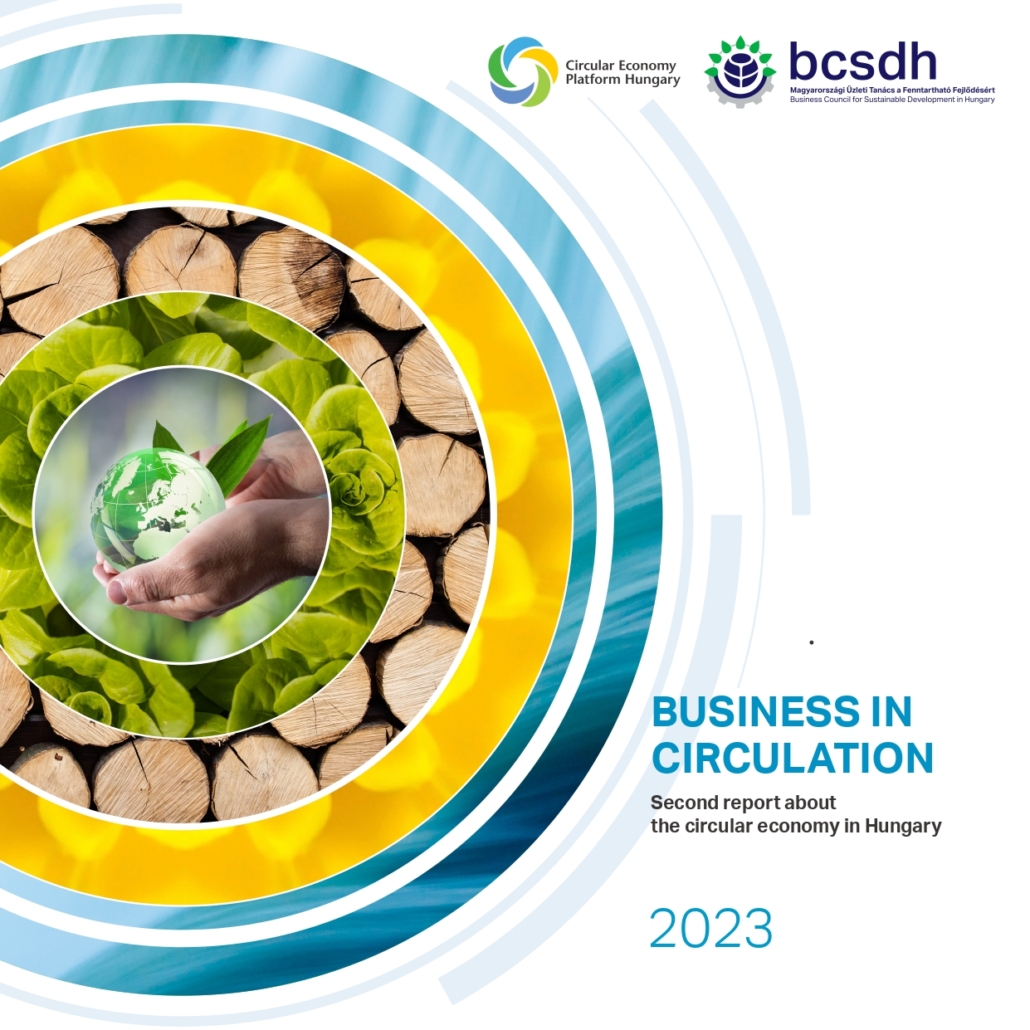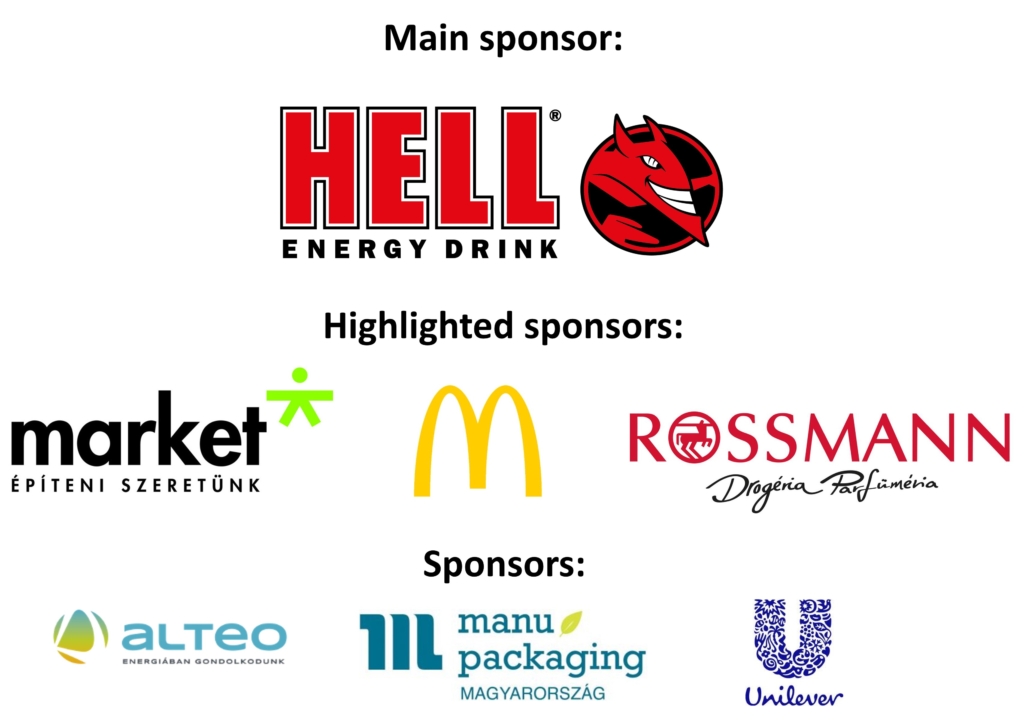The paradigm shift is still far away – Survey about the Circular Economy in Hungary 2023
In early 2023, within the framework of the Circular Economy Platform and under the professional leadership of BCSDH, in collaboration with Bay Zoltán Applied Research Nonprofit Ltd. and the Embassy of the Kingdom of the Netherlands in Hungary, the second assessment of Hungary’s circular economy potential was conducted. The purpose of the survey was to identify the key challenges and map out the existing domestic business solutions.
Among the activities related to the circular economy, “low-hanging fruits” are still the most popular, indicating the easiest-to-implement initiatives. More complex circular economy models have spread to a negligible extent. The adoption of circular practices in procurement currently mainly involves engaging local suppliers. However, specific criteria systems addressed to suppliers, whether related to carbon neutrality or the utilization of recycled materials, are not yet common.
Unfortunately, conventional activities continue to dominate the plans for realization by 2030. Even among the companies surveyed, new models aren’t considered in their plans. Models such as the sharing economy and Industry 4.0 application seem to require more time, but are expected to play a larger role in the future.
Currently implemented measures related to the circular economy primarily focus on material and energy flows, communication with consumers, and internal process regulations. Future planned measures are likely to increasingly encompass supplier networks, and expectations toward suppliers might become more stringent. The most pressing topic, where companies plan most actions and face the greatest lag, is green procurement. This is followed by strengthening business partnerships and increasing the use of renewables.
Despite the fact that resource-related challenges have affected almost every company in recent years, presenting significant hurdles, the recognition that cost reduction can be achieved through a circular economy approach is still lagging. Resource efficiency, unutilized water, energy, and raw materials all hold the potential for financial savings.
There is great anticipation among companies due to changes in state incentives and the regulatory environment. Over the last 3 years, Hungary has published several policy strategies directly or indirectly related to the circular economy. The greatest attention is on waste management, as a new waste management authority was established in 2021, aiming to transform the waste management market through the introduction of a concession system in 2023. Key policy measures include the ban on single-use plastics in 2021, eliminating and preventing illegal waste dumping, and the planned introduction of a deposit system for beverage packaging. Companies primarily see the future potential in transforming production processes and incorporating higher proportions of efficient material recycling into the material stream. Moving towards a more productive and less resource-intensive economy will require investments in eco-innovation, yielding significant benefits for both competitiveness and job creation.
Since the previous survey, the proportion of responding companies that have implemented environmental management systems has nearly doubled, with 60% of respondent companies now having dedicated circular economy experts.
“The survey has underlined the relevance of the goal that gave birth to the Circular Economy Platform. The Circular Economy Academy has fulfilled its role; most companies are now familiar with the basic principles of circularity, and the educational objective has been met at a fundamental level. Instead of theory, practical solutions are increasingly taking the spotlight. Companies are seeking assistance in this regard, indicating the continued need for knowledge sharing and information exchange, including the understanding and sharing of industrial collaboration opportunities, existing best practices, and innovative prospects,” said Irén Márta, Director of BCSDH.
You can download the survey in Hungarian and English by clicking on the links.
***
About the Questionnaire
The survey involved nearly 90 organizations, of which 95% operate in the corporate sector, including 45% large companies and 40% small and medium-sized enterprises. The service sector is well represented, particularly within the construction and real estate industries. (The survey is not representative but reflects the opinions of participating organizations.) The majority of respondents are familiar with the principles of the circular economy and claim to use them in some form.
We extend our gratitude to our supporters for their contributions:




